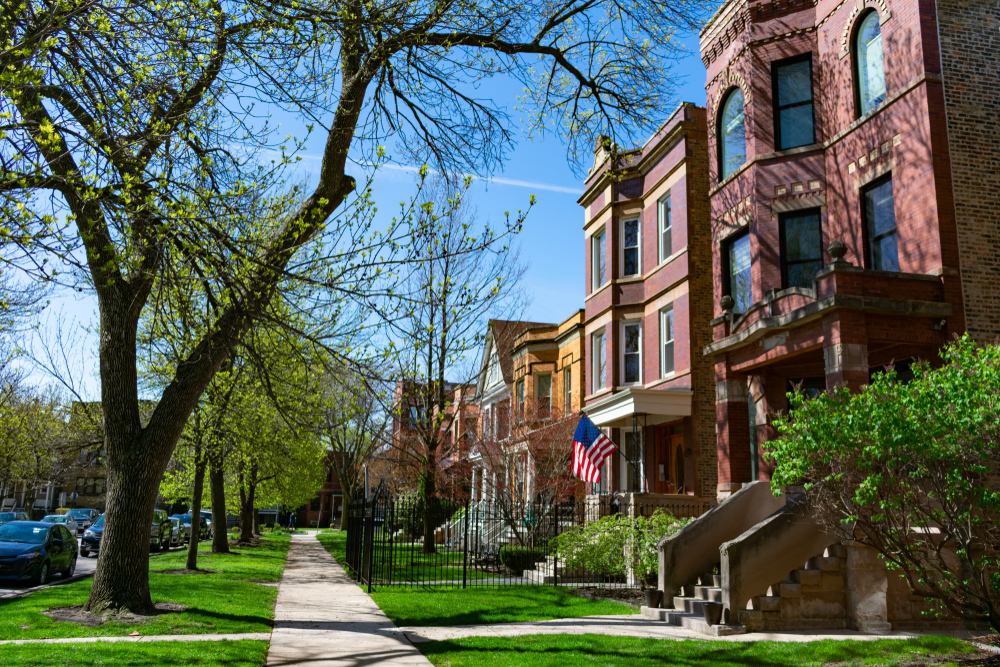Chicago will invest $1 Billion in affordable housing projects. The funds will be spent on various projects all over the city including new construction, repurposing old spaces, and remodeling existing buildings. The money comes from funds set aside from the City Council-approved Chicago Recovery Plan, along with federal low-income tax credits.
Some of the funds are slated to repurpose a vacant Chicago Public Schools building in the Englewood neighborhood. The project is being led by Go Green Racine. Go Green Racine is a collaborative of various organizations in the Englewood neighborhood.
Once the project is complete the new housing will include wraparound services for its residents and members in the community. Cecile DeMello the Executive Director of Teamwork Englewood spoke about the services and their impact.
“This housing project will include health care services, workforce development, and job placement, as well as other kinds of wraparound services for those types of citizens to have a successful life,” said DeMello.
Marisa Novara, Commissioner of the Chicago Department of Housing announced 24 housing developments. The new developments will consist of 2,175 affordable housing units. 684 of those units will be family-sized units. 67% of the units will be located on the South and West sides of Chicago. 75% of the units are near public transit.
City officials also announced that the 24 developments will have Black, Indigenous, and People of Color participants, with 10 led by BIPOC.
Officials in the Housing Department released a statement on the next steps of the project. “The proposals will now move forward with project underwriting, design review, zoning approvals, and City Council approvals for any public subsidy. Closing on these projects is anticipated within the next eight to eighteen months.”
Paula J Shelton is a freelance writer and journalist based in Chicago. Find her on social @beboldshineon.
